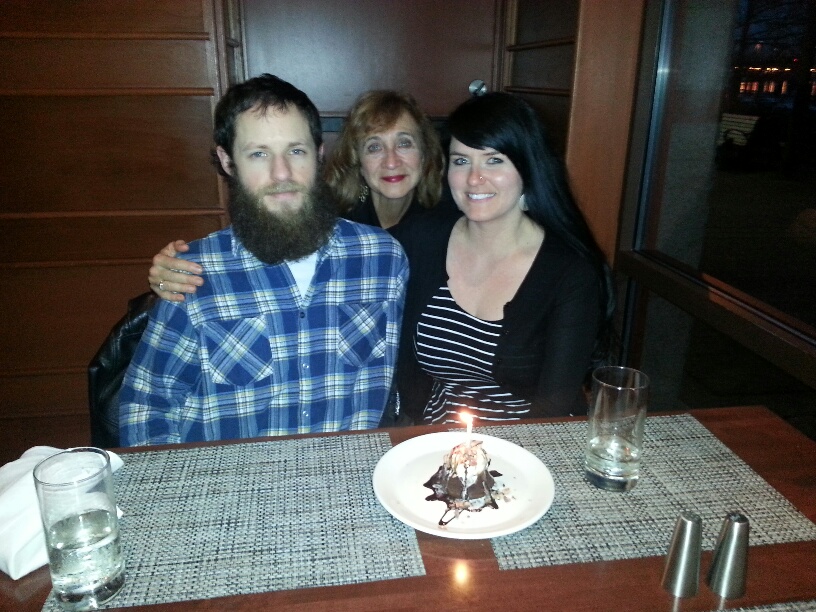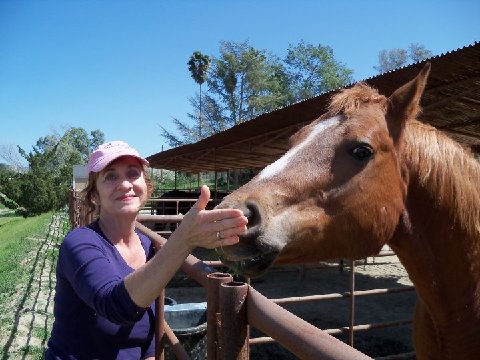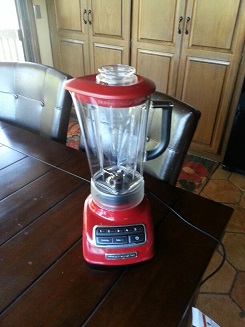I don’t know about you, but I grew up in a disciplined household where idleness was not something to be rewarded. I took it a step further and created rules in my own head that I felt compelled to obey. I would come home from school (this started in elementary school) and the first thing I would do was my homework. Only then would I allow myself to play. Not only did I have a disciplinary father, but I created an extra father figure within so I would guarantee myself a life free from idleness.
To this day if I have things I want to get done, I make myself do them first and then I can relax and do what pleases me, which may turn out to be nothing. It is really hard for me to permit myself a day of non-productivity. Such a waste of time, I think to myself. I could have accomplished so many things during the time that I sat in front of the T.V. or laid on the couch and read People magazine. Only after I completed some tasks listed on a piece of paper or in my head, could I truly relax and do nothing.
There is an exception to this rule, however; when I am sick I allow myself to vegetate on the couch with my soft covered pillow from the bedroom and either watch junk on T.V. or try to sleep. That is guilt free relaxation. I am, after all, infirm and need to rest. The doctor would agree!
Being retired, you can imagine that the temptation to relax can be very strong, indeed. If I wanted to, I could relax all day and no one would know, except the father figure in my head, of course. Yes, and that is exactly who I must debate with whenever the mood strikes me to refrain from working.
Yesterday I had a bad allergy day. The night before I was up in the middle of the night sneezing and blowing my nose in the bathroom so as not to wake my sleeping husband. I was in there for over half an hour and then continued awake in bed with my irritating nose for another hour. At least the third antihistamine I took started working and I was finally able to sleep. As soon as I got out of bed in the morning, the sneezing resumed. More antihistamines and off to the barn I went. I didn’t have to ride that day but had to take care of my horse who is recuperating from a lower leg strain.
I came home and thought I should spend the remainder of the day doing something productive. Most of the day was still in front of me. I ate lunch and then laid on the couch, continuing to watch shows on T.V. that I had recorded earlier. The father in my head was arguing with me telling me to get up, turn off the T.V. and do something on that list of mine!
I looked for excuses. I don’t feel well. I am tired from all the antihistamines and have no energy to do anything. What if I gave myself permission to do nothing the rest of the day? That would cover about three hours. Wow! Could I really do that? Do nothing? Choose not to be productive? Hmm. What a blasphemous idea!
For the next three hours I rested on that couch, read a little and was totally and completely unproductive. It felt deliciously irresponsible. I felt like I was getting away with something that no one would ever know about. It ended up being very relaxing and gave me more energy for the evening with my husband.
Here is the lesson. It is perfectly permissible to take time out every once in a while and do nothing, or do something you love to do that has no extrinsic value, just that it feels good at the time. Some of you, perhaps many of you have no problem doing that. You must have learned the lesson long ago. But some of you, like me, might need to know that it is okay to be non-productive for minutes, or hours or even a whole day. It is good for the soul, replenishes your mind and gives you that delightful feeling that you have just gotten away with something. A harkening back to childhood. Try it! I give you permission.


